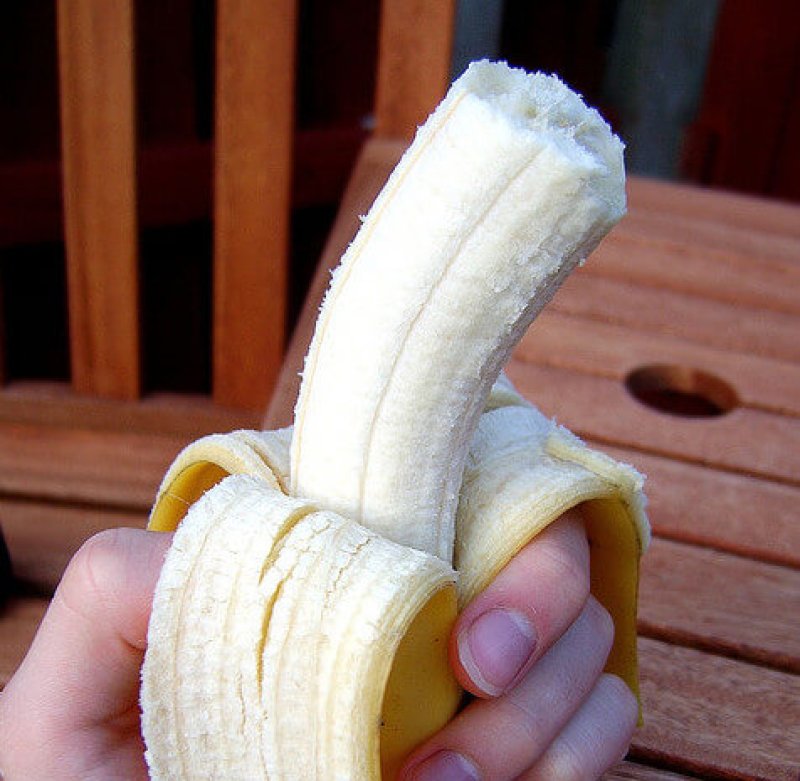The GLP aggregated and excerpted this blog/article to reflect the diversity of news, opinion and analysis.
[As Panama disease once again threatens the world’s banana crops, researchers race to save the popular fruit.]The solution to the banana crisis is twofold, according to [Dr Gert Kema, an expert in global plant production from the Wageningen University and Research Centre in the Netherlands.]
First, contain the epidemic, but that’s much easier said than done, says Alistair Smith, international co-ordinator for Norwich-based Banana Link. . .
“It is more or less possible to contain with very strict measures but there is nothing to say [Panama disease] is not going to arrive somewhere else, for example from contaminated soil on boots or via an infected plant, and there is no way to salvage your production once you have got the disease.
. . . .
“We have much more advanced technology now than we did when we lost the Gros Michel,” Dr Kema said.
“We can detect and track the fungus far better than we could but the underlying problem is still the same in that the Cavendish is so vulnerable to disease, and that has to change.”
. . . the second solution – find a new banana resistant to the disease and, to avoid history repeating itself, genetically diverse.
“To carry on growing the same genetic banana is stupid,” Dr Kema said.
“It is necessary that we improve the Cavendish through genetic engineering but parallel to that we must be finding genetic diversity in our breeding programmes.”
Read full, original post: The imminent death of the Cavendish banana and why it affects us all































